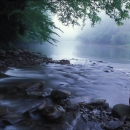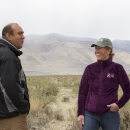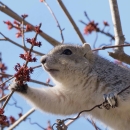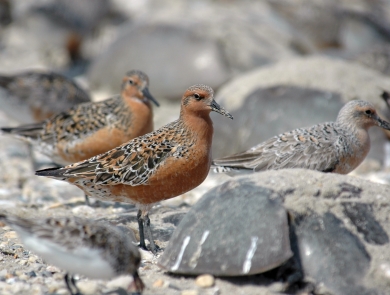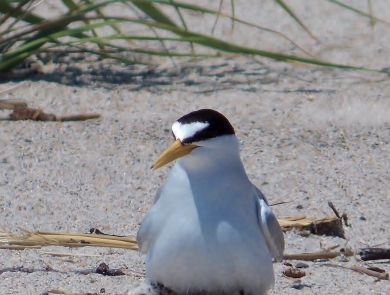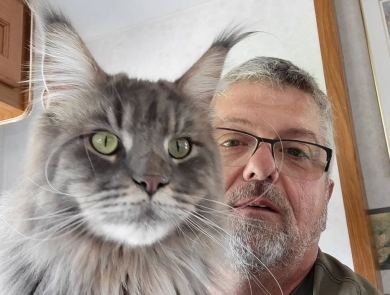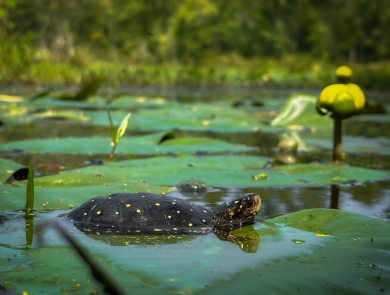About Us
Our Mission
We work with others to conserve, protect and enhance fish, wildlife and plants and their habitats for the continuing benefit of the American people. Our office supports activities that conserve wildlife and their habitats in the District of Columbia, Delaware and Maryland.
What We Do
We work with other agencies and organizations to monitor populations of migratory birds, fish and other wildlife; restore and enhance forest, wetland, and streamside habitat; improve coastal resiliency; conserve endangered, threatened and at-risk wildlife; and provide opportunities for citizens to actively participate in conservation connect with nature.
Our Organization
Our Species
We work with other Federal, state and local agencies, conservation organizations and private citizens to conserve and protect fish and wildlife and their habitats for the continuing benefit of the American people. The Chesapeake Bay Ecological Services Field Office is responsible for protecting threatened and endangered plants and wildlife as well as other species that face threats to their survival in Delaware, the District of Columbia and Maryland. Conservation activities also support shorebirds, waterfowl, songbirds, raptors, local and migratory fish, aquatic invertebrates and pollinators.
Projects and Research
Our office works with private landowners and other partners to restore or enhance wetland, upland, riparian riparian
Definition of riparian habitat or riparian areas.
Learn more about riparian and instream habitats for threatened, endangered and at-risk species. We work to recover populations of plants and animals listed under the Endangered Species Act such as the eastern black rail, red knot, bog turtle, Puritan tiger beetle, dwarf wedgemussel, Indiana bat, northern long-eared bat and small whorled pogonia. We connect communities to nature through broad-based initiatives like Baltimore Rivers to Harbor Urban Refuge Partnership and provide landscape level conservation through the Delmarva Conservation and Restoration Network and Chesapeake Bay Nutria Eradication Project. We help to reduce energy impacts to wildlife through recommendations of best management practices. We manage wildlife habitat at beneficial dredge material sites such as Poplar Island and Masonville Cove.


